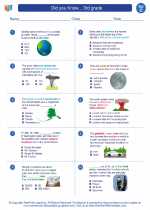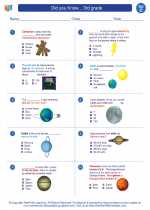Vitamin B1 (Thiamine)
Vitamin B1, also known as thiamine, is a water-soluble vitamin that plays a crucial role in the body's metabolism. It is essential for the conversion of carbohydrates into energy and is also involved in the functioning of the nervous system.
Sources of Vitamin B1
Thiamine is commonly found in a variety of foods, including:
- Whole grains
- Legumes
- Nuts and seeds
- Pork
- Yeast
- Fortified cereals
Functions of Vitamin B1
Vitamin B1 has several important functions in the body:
- Energy Production: Thiamine is essential for the conversion of carbohydrates into energy. It plays a key role in the citric acid cycle, which is the process by which the body generates adenosine triphosphate (ATP), the primary energy currency of the cell.
- Supports Nervous System: Thiamine is crucial for the proper functioning of the nervous system. It is involved in the synthesis of neurotransmitters and myelin, which insulates and protects nerve fibers.
- Antioxidant Properties: Vitamin B1 also acts as an antioxidant, helping to protect the body from oxidative stress and damage caused by free radicals.
Deficiency and Health Implications
A deficiency of vitamin B1 can lead to a condition known as beriberi, which is characterized by symptoms such as:
- Weakness and fatigue
- Confusion and irritability
- Muscle weakness
- Peripheral neuropathy
- Cardiovascular problems
Severe and prolonged deficiency of thiamine can result in neurological and cardiovascular complications.
Recommended Intake
The recommended dietary allowance (RDA) for vitamin B1 varies by age and gender. As a general guideline, the RDA for thiamine is:
- Children 1-3 years: 0.5 mg/day
- Children 4-8 years: 0.6 mg/day
- Men and women 14 years and older: 1.1-1.2 mg/day
- Pregnant and breastfeeding women: 1.4 mg/day
Study Guide
Here are some key points to remember about vitamin B1 for your study guide:
- Thiamine is essential for energy production and the functioning of the nervous system.
- Sources of vitamin B1 include whole grains, legumes, nuts, pork, and fortified cereals.
- A deficiency of thiamine can lead to beriberi, a condition with neurological and cardiovascular symptoms.
- The recommended dietary allowance (RDA) for thiamine varies by age and gender.
◂Science Worksheets and Study Guides Third Grade. Did you Know... 3rd grade

 Worksheet/Answer key
Worksheet/Answer key
 Worksheet/Answer key
Worksheet/Answer key
 Worksheet/Answer key
Worksheet/Answer key
